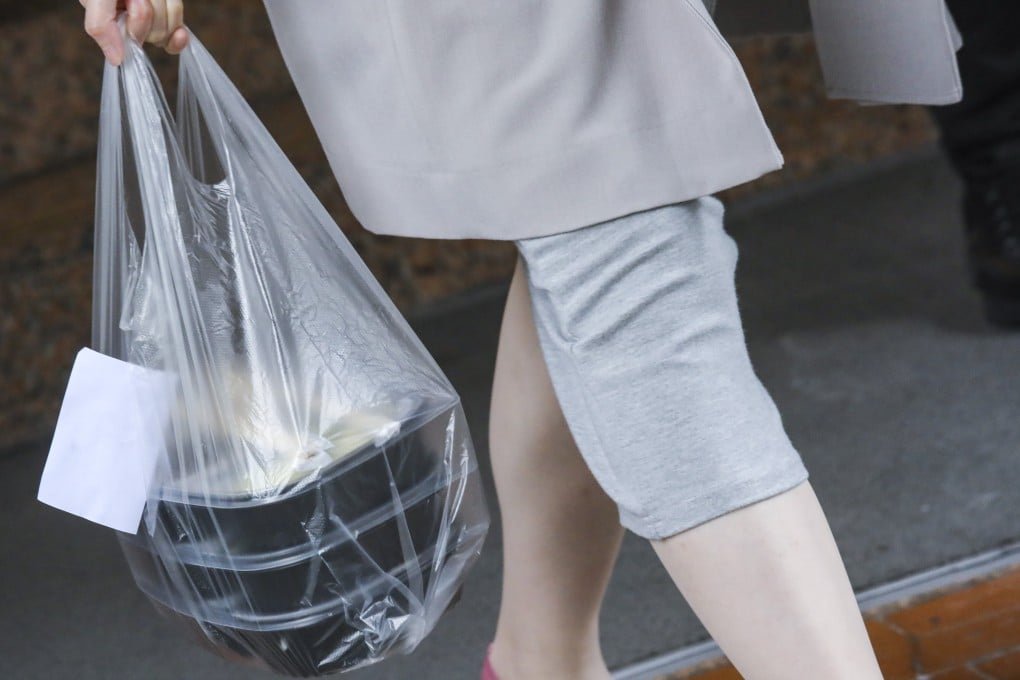Letters | Hong Kong must watch out for dangers of black plastic
Readers discuss recent research on flame retardants in plastic products, and the suicide prevention system for students

The study examined 203 consumer products for bromine, a key indicator of the use of flame retardants, and then checked those with high levels of bromine for flame retardants. The result was: 85 per cent of those checked contained flame retardants, with some concentrations reaching up to 22,800 milligrams per kilogram, and included a type of flame retardant – decabromodiphenyl ether, or decaBDE for short – that is so toxic it has been banned by the US Environmental Protection Agency after being linked with cancer.
The study found decaBDE in 70 per cent of the samples tested, at levels ranging from five to 1,200 times greater than the European Union’s limit of 10 parts per million.
While flame retardants are primarily used for safety purposes, they raise significant health concerns, including carcinogenicity, endocrine and thyroid disruption, neurotoxicity and reproductive toxicity.
One might question the necessity of flame retardants in items like sushi trays or children’s toys. Unfortunately, they enter our daily lives through recycled plastic.